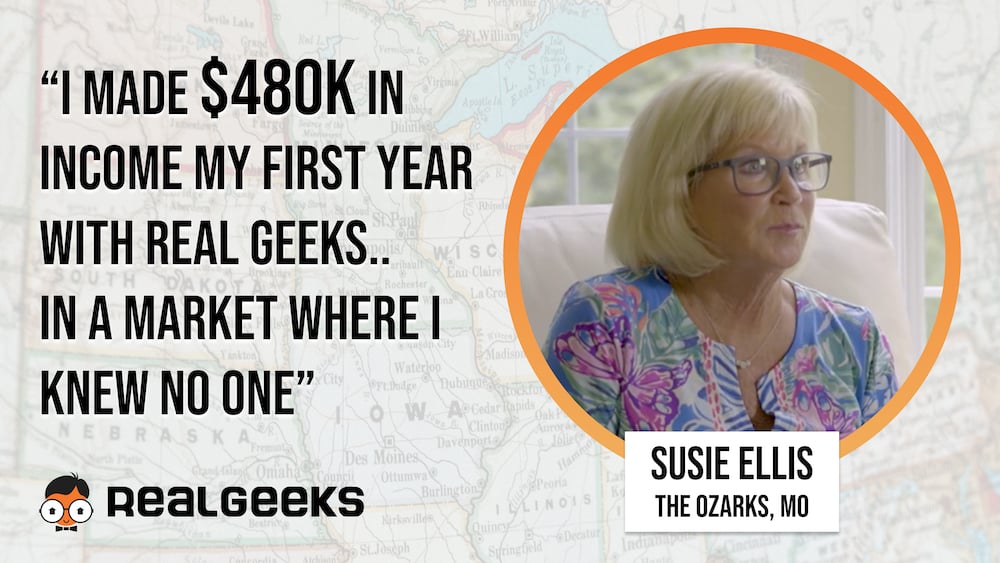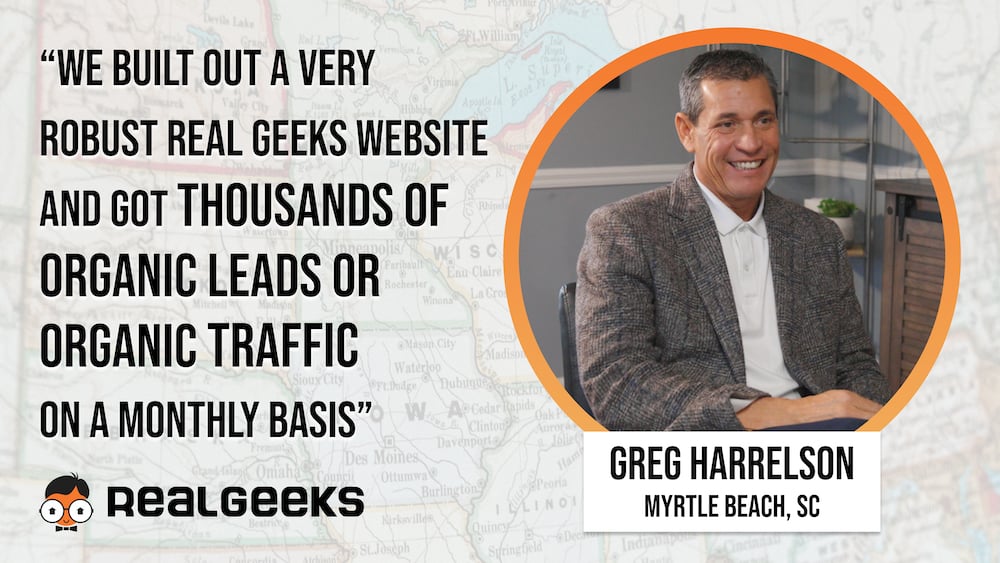
Digital Real Estate: What It Is & How It Works
Nowadays, people are investing in digital real estate more than ever before. Because of the digitalization of our world, the opportunities to invest in digital assets have increased significantly.
From investing in websites to NFTs, digital real estate offers a broad range of possibilities. If you want to invest in digital real estate, it is crucial to understand what it is and how it works.
Keep reading to learn everything you need about digital real estate, including what it is, the different types of digital real estate, the pros and cons, and more.
What Is Digital Real Estate?
In the past, real estate was always a physical asset. But, with the rise of the internet, a new kind of real estate has emerged: digital real estate.
Like traditional real estate, digital real estate is a property that can be bought, sold, or leased. However, digital real estate is not a physical space, unlike conventional real estate.
Instead, it refers to websites and other online assets. Just as traditional real estate can be used for commercial or residential purposes, digital real estate can be used for business or personal use.
And, just like traditional real estate, the value of digital real estate can fluctuate depending on market conditions. As the internet grows, digital real estate will become even more valuable. So, if you’re looking to invest in property, don’t forget to look online.
Types of Digital Real Estate
Like there are different types of traditional real estate, there are also several types of digital real estate.
Websites
The most common type of digital real estate is websites. When you buy a website, you purchase the domain name and the hosting space.
You can use websites for a variety of purposes, such as e-commerce sites, blogs, or even to showcase your portfolio.
If you’re looking to invest in digital real estate, websites are a great place to start. They are relatively easy to set up and maintain, and there is a lot of growth potential.
NFTs
NFTs or non-fungible tokens are a newer type of digital asset that have become popular in recent years. NFTs are digital files that can represent ownership of digital or physical assets.
Some examples of NFTs include digital art, gaming items, and even real estate. NFTs are stored on the blockchain, a digital ledger that records transactions.
Mobile Applications
Mobile apps are software programs that can be downloaded and used on smartphones and other devices.
Like websites, they can be used for various purposes, such as e-commerce, entertainment, or even to stay connected with friends and family.
Benefits and Drawbacks of Digital Property
A digital real estate investment has several benefits and drawbacks.
Some of the main benefits include:
- 24/7 Access: You can access your digital property anytime, anywhere in the world.
- Low Maintenance Costs: There are no physical spaces to maintain, so digital real estate is relatively low maintenance.
- Highly Scalable: Digital real estate can be easily scaled up or down depending on your needs.
Some of the main drawbacks include:
- Highly Volatile: The value of digital real estate can fluctuate rapidly, so it is essential to do your research before investing.
- Riskier than Traditional Real Estate: Because digital real estate is still a new concept, it is considered riskier than traditional real estate.
Final Thoughts
Investing in digital real estate is a great way to diversify your portfolio and take advantage of the growing importance of the internet.
However, it is essential to remember that digital real estate is a new concept and thus carries more risk than traditional real estate.
Before investing, do your research and understand all the risks involved.
Real Geeks is a highly efficient and effective lead generation and conversion solution for cultivating, capturing, and managing leads at any stage of the home buying or selling process.
Drive traffic, capture leads, nurture opportunities, and close more transactions with a robust CRM, fully integrated custom IDX website, and marketing solutions for agents and teams of any size.
Real Geeks is one of the best lead generation and management platforms available, but don't just take our word for it – hear from customers loving their experience with Real Geeks →





/Blog/Thumbnail%20-%20Meet%20the%20Real%20Geeks%20Business%20Card.png)
/Blog/Thumbnail%20-%20Introducing%20Geek%20Verified%20Leads.png)
/Blog/Thumbnail%20-%20Jan%20%E2%80%9826%20%20%20Maintenance%20%26%20Quality%20Updates.png)